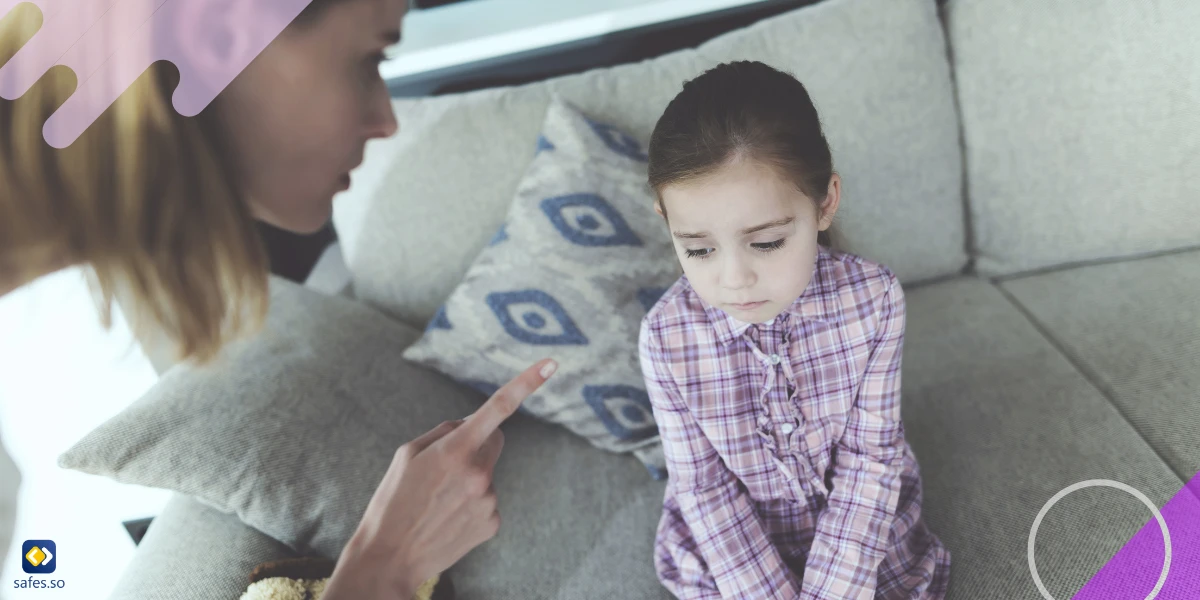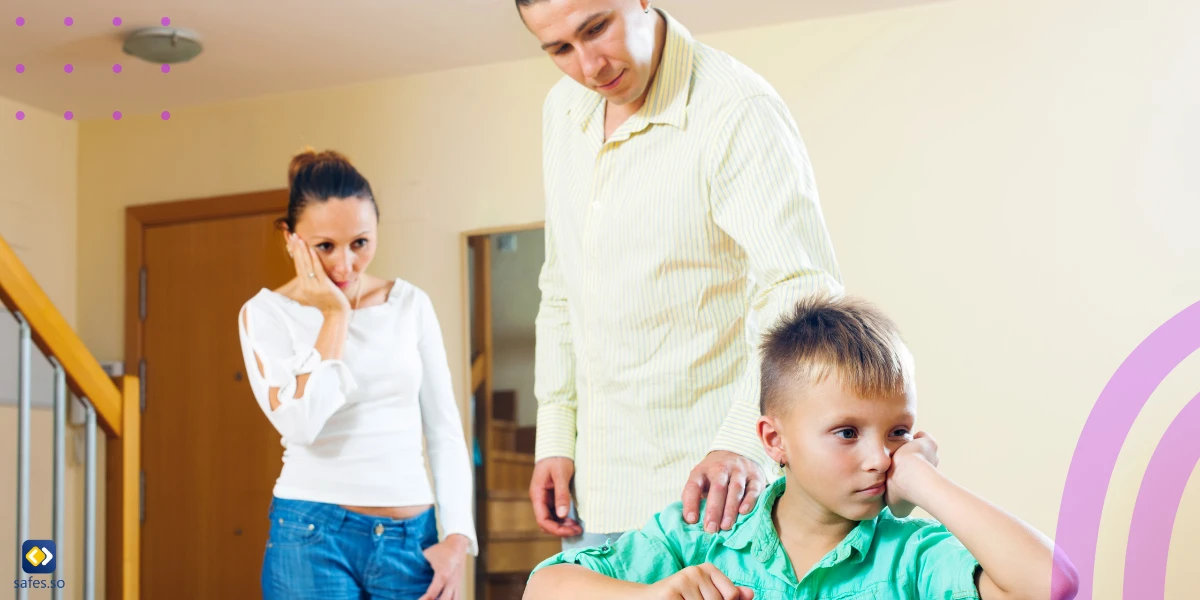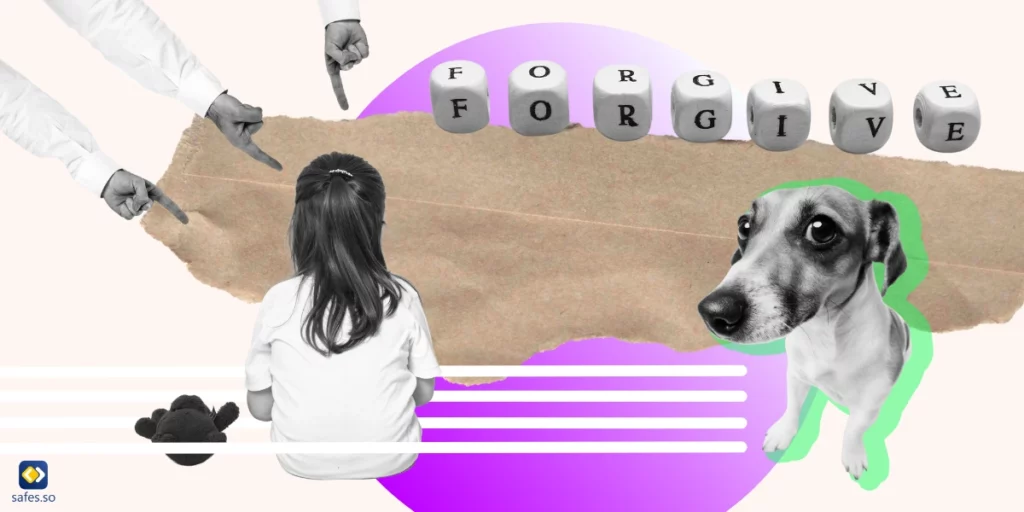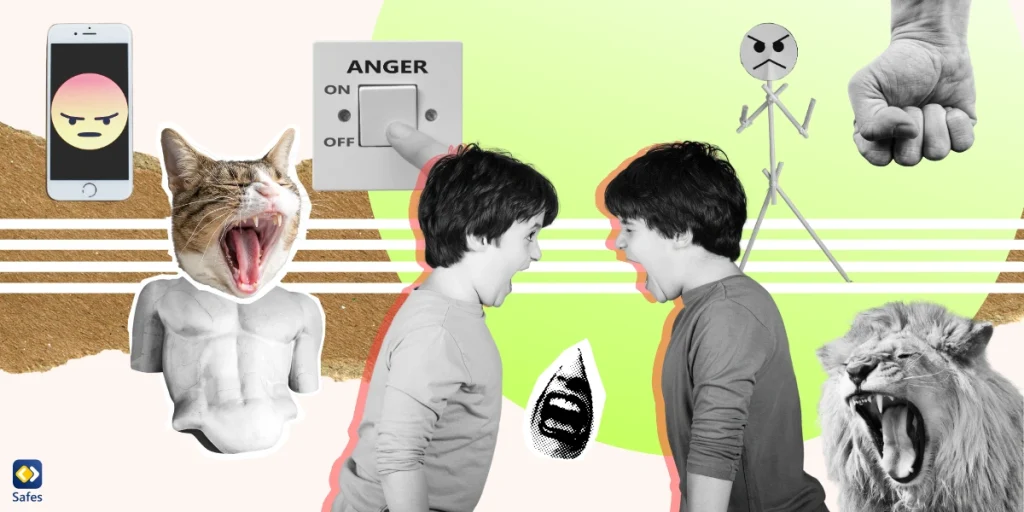As parents, we all want what’s best for our children. However, in our efforts to guide them toward positive behavior or discourage negative ones, we may unknowingly resort to guilt-tripping. Guilt tripping is a form of emotional manipulation where a person uses guilt to make someone else do something they don’t want to do or feel bad for not doing it. While it may seem harmless, it can have a significant impact on a child’s development. In this blog post, we’ll explore how guilt trip parents affect their children’s emotional and psychological growth and why it’s essential to recognize and avoid this behavior.
The Negative Effects of Guilt Tripping on Your Child’s Development
Guilt tripping is a form of emotional manipulation that can have a significant impact on a child’s development. Examples of guilt tripping include using language that makes the child feel responsible for the parent’s emotions, constantly reminding the child of their mistakes, or withholding affection or attention as a form of punishment.
The negative effects of guilt tripping on children’s development can be far-reaching and long-lasting, including low self-esteem, anxiety and depression, lack of resilience and self-confidence, and the potential for a strained relationship with the parent. As a result, it’s crucial for parents to recognize and avoid this behavior to support healthy emotional development in their children.

The Impact of Guilt Tripping Yourself as a Parent
Guilt tripping oneself as a parent can significantly impact emotional and psychological well-being. Firstly, it can lead to stress and burnout as parents may feel overwhelmed and anxious about their ability to parent effectively. This can further lead to ineffective parenting practices, such as being inconsistent or overly punitive, which can negatively affect the child’s emotional growth.
Additionally, parents who guilt trip themselves may be more likely to repeat the same cycle with their children, perpetuating a cycle of negative emotional manipulation and potentially leading to strained relationships with their children. Parents need to recognize and address these behaviors to support healthy emotional development in both themselves and their children.
The Importance of Addressing Guilt Tripping Habits
As explained earlier, guilt tripping is a manipulative tactic that parents sometimes use to make their children feel guilty or ashamed. This can have serious negative effects on a child’s emotional development, including low self-esteem and anxiety. It’s crucial for parents to recognize and avoid guilt-tripping to support healthy emotional development in themselves and their children. Some guilt trip examples include making a child feel guilty for not doing something or for not doing it well enough.
To address guilt tripping habits, parents can improve communication with their children, seek therapy or counseling, and develop a positive mindset. These strategies can help parents avoid guilt tripping and support healthy emotional development in both themselves and their children.

How Can Safes Improve Your Parenting?
Parental control apps like Safes can help parents manage their children’s screen time and monitor their web and app usage. This can help parents avoid guilt tripping their children about their online behavior and instead focus on guiding them toward healthy online habits.
It’s important for parents to recognize the negative effects of guilt tripping on their children’s emotional development, such as low self-esteem and anxiety. By using parental control apps and other tools, parents can support their children’s healthy development while also avoiding the negative impacts of guilt tripping themselves, such as stress and burnout.
Safes offers a free trial, making it easy for you to explore how the app can support positive parenting without imposing undue stress on yourself or your children.
Safes is available on all smartphones, tablets, and computers, including those running on iOS and Android. To learn more about the features and how to install Safes, follow the resources below:
- Windows parental controls
- Macbook parental controls
- Parental controls on Android
- iPhone parental controls
Conclusion
In conclusion, guilt-tripping parents can have negative effects not only on their children’s emotional and psychological development but also on the parents themselves. Effective parenting requires positive communication, seeking therapy, and developing a positive mindset. Parental control apps like Safes can also help parents manage their children’s screen time and avoid guilt tripping about online behavior. It’s essential to understand that parenting is not about being perfect but rather about being present and supportive. Therefore, let us strive to be mindful of our actions and words, avoid guilt-tripping parents, and create a healthy and loving environment for our children to grow and thrive.




